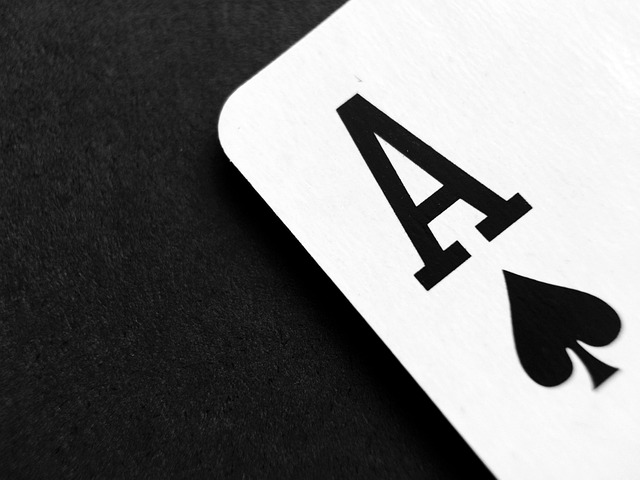The Psychology Behind Chasing Losses in Betting
Have you ever found yourself in a losing streak while betting, only to continue placing more bets in the hopes of recouping your losses? This phenomenon, known as chasing losses, is a common behavioral pattern seen in many gamblers. In this article, we will delve into the psychology behind chasing losses in betting and explore the reasons why individuals engage in this self-destructive behavior.
What is Chasing Losses?
Chasing losses refers to the act of increasing one’s bets after a loss in an attempt to recover the lost money. This behavior is driven by the belief that if one keeps betting, eventually they will win back the money they have lost. However, in reality, chasing losses often leads to even greater losses and can have serious financial and emotional consequences.
The Gambler’s Fallacy
One of the underlying cognitive biases that contribute to chasing losses is the gambler’s fallacy. This fallacy is the belief that past events can influence future outcomes, even when each event is independent. For example, a gambler may think that if they have lost several times in a row, they are “due” for a win. This faulty thinking can lead individuals to make irrational decisions and chase losses in the hopes of changing their luck.
The Impact of Near Misses
Near misses, or almost winning a bet, can also play a significant role in fueling the urge to chase losses. Research has shown that near misses activate the same reward pathways in the brain as actual wins, leading individuals to perceive them as a form of success. This can trick the brain into thinking that victory is close at hand, motivating individuals to continue betting in pursuit of that elusive win.
Emotional Factors
Emotions such as frustration, disappointment, and regret can also drive individuals to chase losses. After a series of losses, gamblers may experience a sense of unease or unease, leading them to seek out the thrill of a win to alleviate these negative emotions. This emotional rollercoaster can create a cycle of chasing losses in an attempt to regain control and restore a sense of normalcy.
Peer Pressure and Social Influence
Peer pressure and social influence can also play a role in perpetuating the behavior of chasing losses. In group settings, individuals may feel pressure to continue betting in order to fit in or avoid social exclusion. Additionally, seeing others around them chasing losses can normalize this behavior and make it seem acceptable, leading to a collective reinforcement of the practice.
The Role of Cognitive Dissonance
Cognitive dissonance, the discomfort experienced when holding conflicting beliefs or behaviors, can also contribute to the phenomenon of chasing losses. After a series of losses, individuals may experience cognitive dissonance between their belief in their own skills or luck and the reality of their financial losses. To resolve this dissonance, they may engage in further betting in an attempt to prove themselves right and restore their self-image.
Preventing and Overcoming Chasing Losses
Recognizing the signs of chasing losses and taking steps to address them is crucial in preventing this harmful behavior. Setting limits on betting amounts, keeping track of wins and losses, and taking breaks from gambling can help individuals regain control and avoid falling into the trap of chasing losses. Seeking support from a therapist or counselor can also be beneficial in addressing underlying emotional issues that may be driving the behavior.
Conclusion
In conclusion, the psychology behind chasing losses in betting is a complex interplay of cognitive biases, emotional factors, and social influences. Understanding these underlying mechanisms can help individuals recognize and address this harmful behavior before it spirals out of control. By taking proactive steps to prevent and overcome chasing losses, individuals can protect their finances and well-being while enjoying a more balanced approach to gambling.



